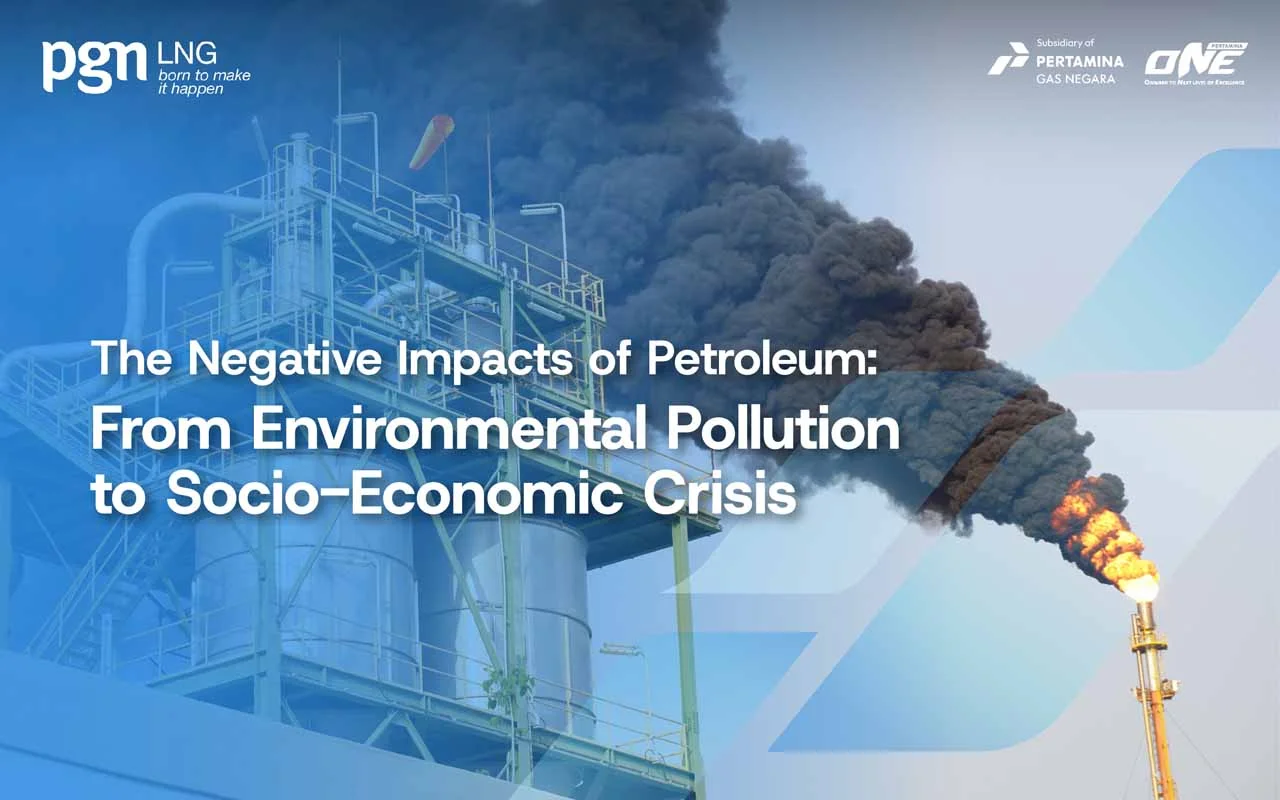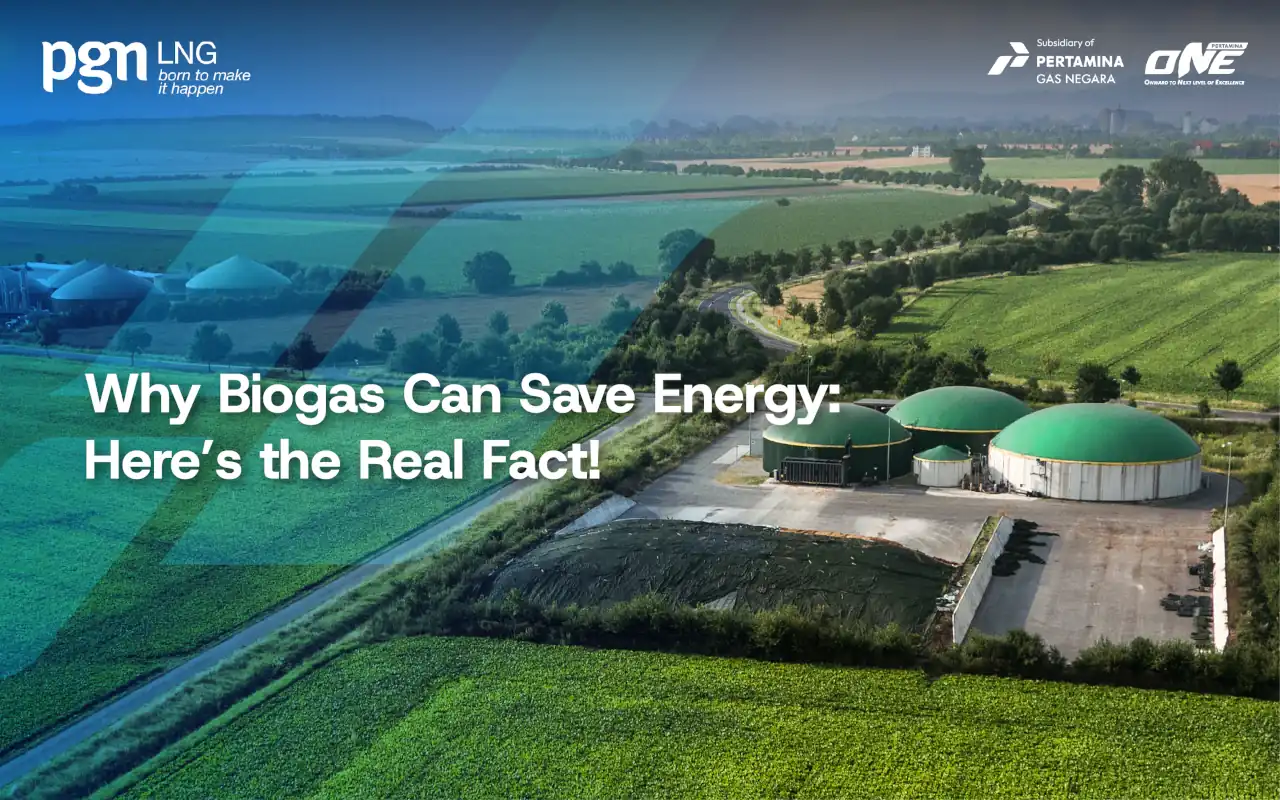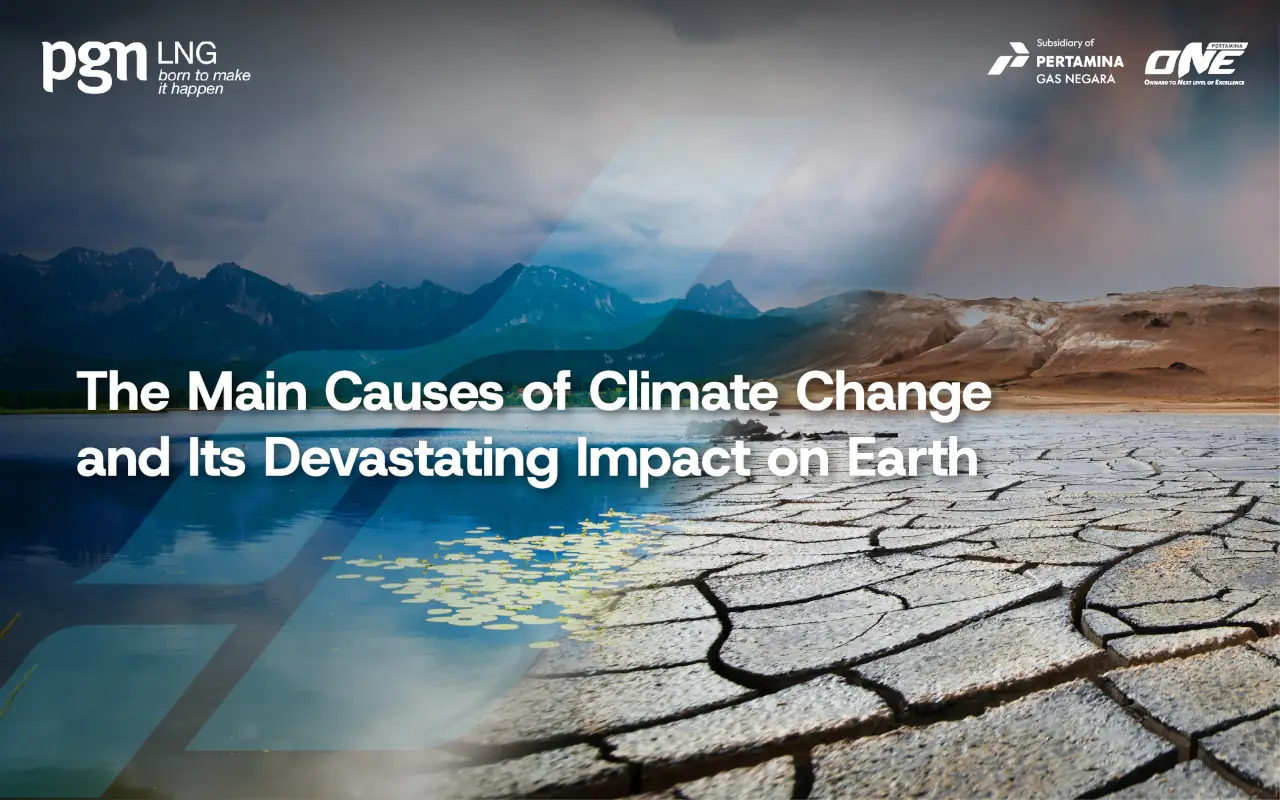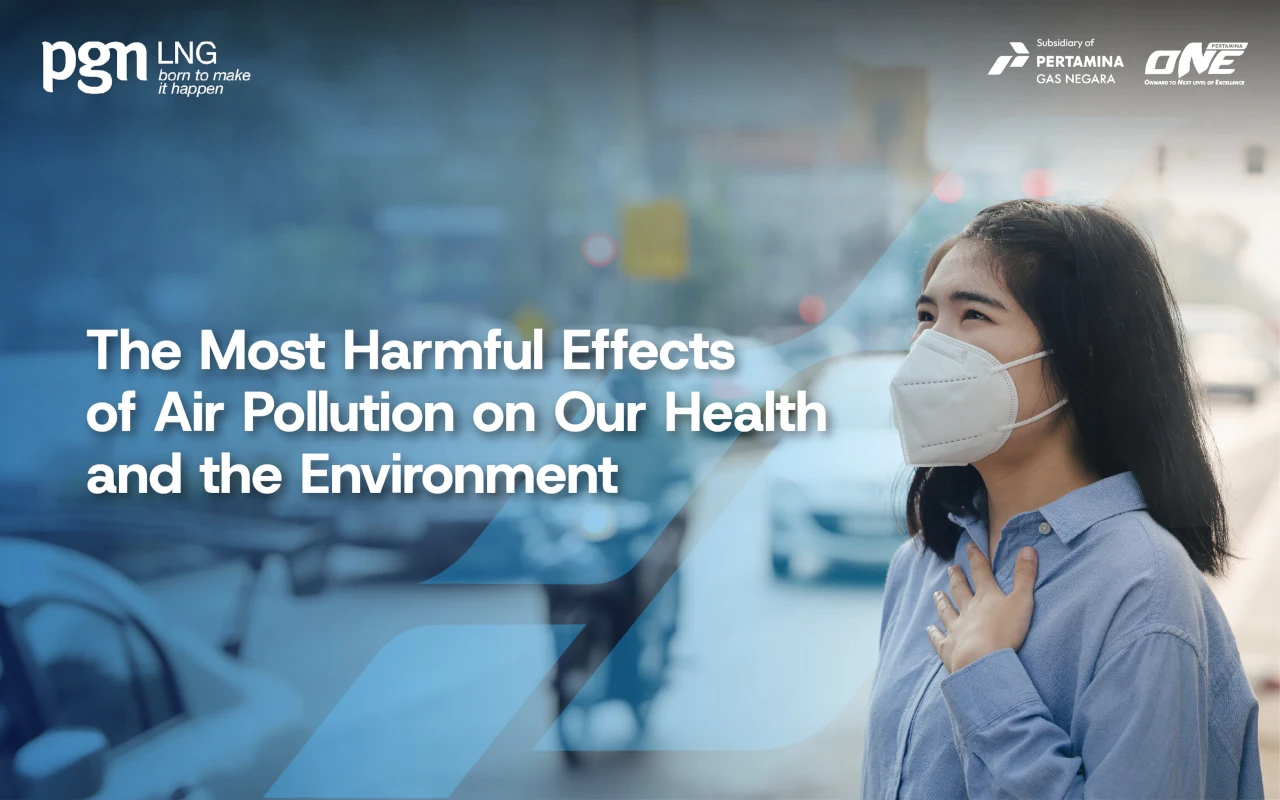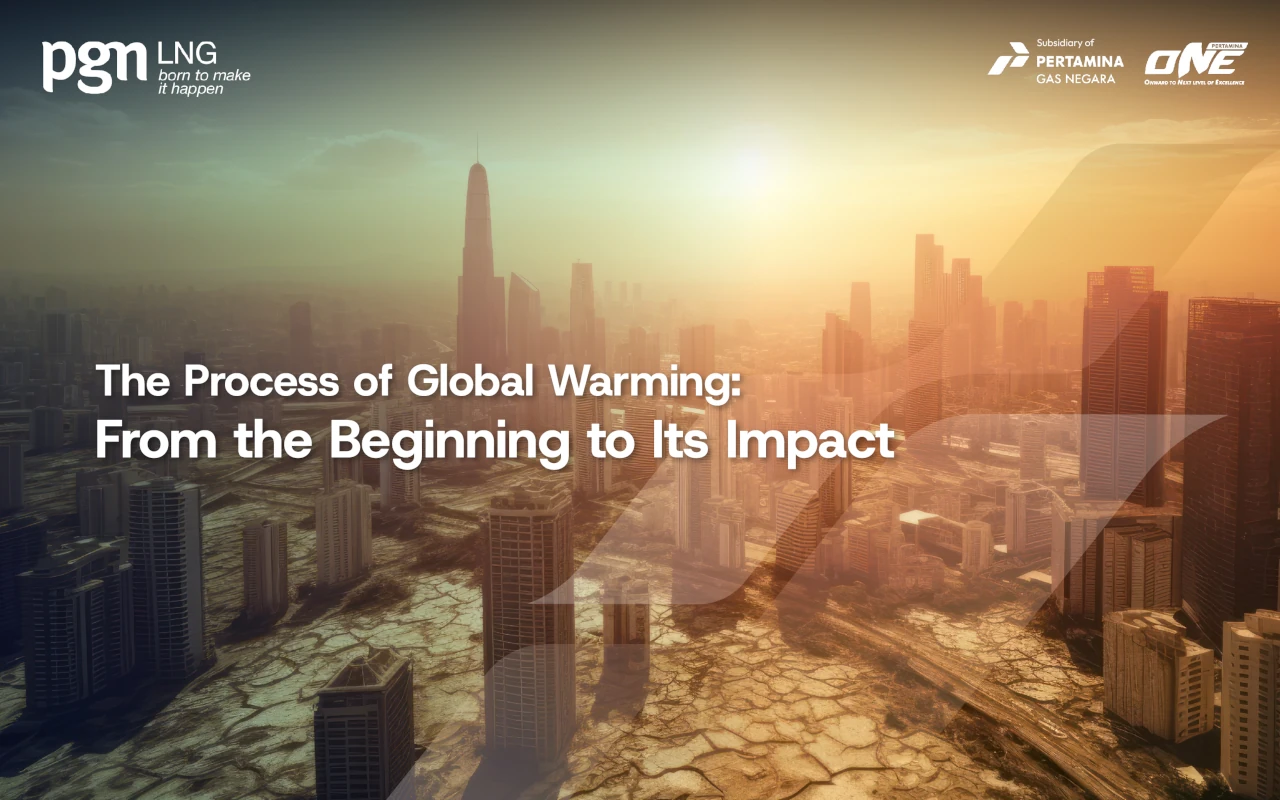Petroleum remains a vital resource for powering industries and meeting household needs. From fueling vehicles to serving as a base ingredient in cosmetics and pharmaceuticals, its uses are widespread.
But have you ever stopped to consider the environmental costs that come with it? The risks associated with petroleum are significant and often overlooked.
How Does Petroleum Harm the Environment?
Human dependence on petroleum has undeniably contributed to climate change and environmental degradation.
Greenpeace reported that the Pertamina oil spill in 2019 polluted the sea and coastal areas, particularly affecting regions such as Bekasi, Karawang, and the Thousand Islands.
This incident serves as a small yet telling example of the environmental harm caused by oil. Beyond this, petroleum carries several other serious risks that can be highly detrimental, including:
Air Pollution from Combustion
As a fossil fuel, the burning of petroleum releases a range of harmful pollutants into the air. These include carbon monoxide, nitrogen oxides, sulfur dioxide, and fine particulate matter—all of which are hazardous to both human health and the ecosystem.
Read More: Top Benefits of Natural Gas, More Than Just Low Emissions
Contribution to Climate Change
Petroleum is one of the leading contributors to climate change. When burned, it releases large amounts of carbon dioxide (CO₂), a greenhouse gas that traps heat in the atmosphere.
This leads to global warming, extreme weather events, rising sea levels, and disruptions to natural ecosystems.
Marine Pollution from Oil Spills
Petroleum is often transported by sea, making spills a major risk. When oil leaks into the ocean, it can devastate marine life—killing fish, coral reefs, and mangrove forests. The ecological damage from a single spill can last for decades.
Read More: Why Cutting Carbon Emissions Is Critical for the Planet’s Future?
What Are the Social and Health Impacts of Petroleum?
The International Energy Agency (IEA) reports that poor air quality resulting from oil combustion is responsible for 6.5 million deaths annually, with the majority occurring in Asia and Africa.
Oil pollution—whether on land or in water—poses serious threats to human health and social well-being. Here are some of the direct impacts we may experience:
Public Health Risks
Exposure to petroleum and its derivatives can lead to skin irritation, respiratory problems, and even cancer.
Toxic substances in petroleum can enter the human body through contaminated air, polluted water, or direct skin contact.
Read More: Why Switching to Green Energy Matters and How It Impacts the Planet?
Social Conflict and Economic Inequality
Petroleum extraction often leads to land disputes and social tension, especially in communities living near drilling sites.
Locals may be displaced, lose their livelihoods, and be excluded from decision-making processes—all of which can trigger prolonged conflicts.
Economic and Geopolitical Dependence
Heavy dependence on petroleum makes economies vulnerable to market fluctuations. Global supply disruptions—whether caused by geopolitical tensions, natural disasters, or logistics issues—can lead to soaring prices, inflation, unemployment, and even social unrest.
Read More: Why the Energy Crisis Poses a Serious Threat to the Global Economy?
LNG: A Cleaner, Smarter Energy Alternative
Liquefied Natural Gas (LNG) offers a more sustainable energy option compared to petroleum and coal.
LNG can cut carbon emissions by up to 85% and releases far fewer air pollutants such as sulfur dioxide and nitrogen oxides.
With its lower environmental impact, LNG plays a vital role in helping the world transition to cleaner, more resilient energy systems.

